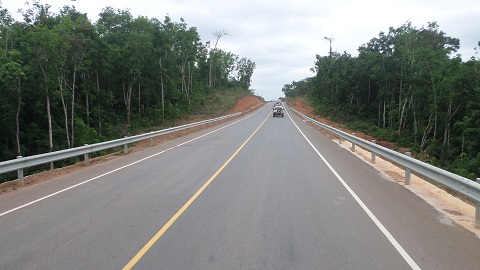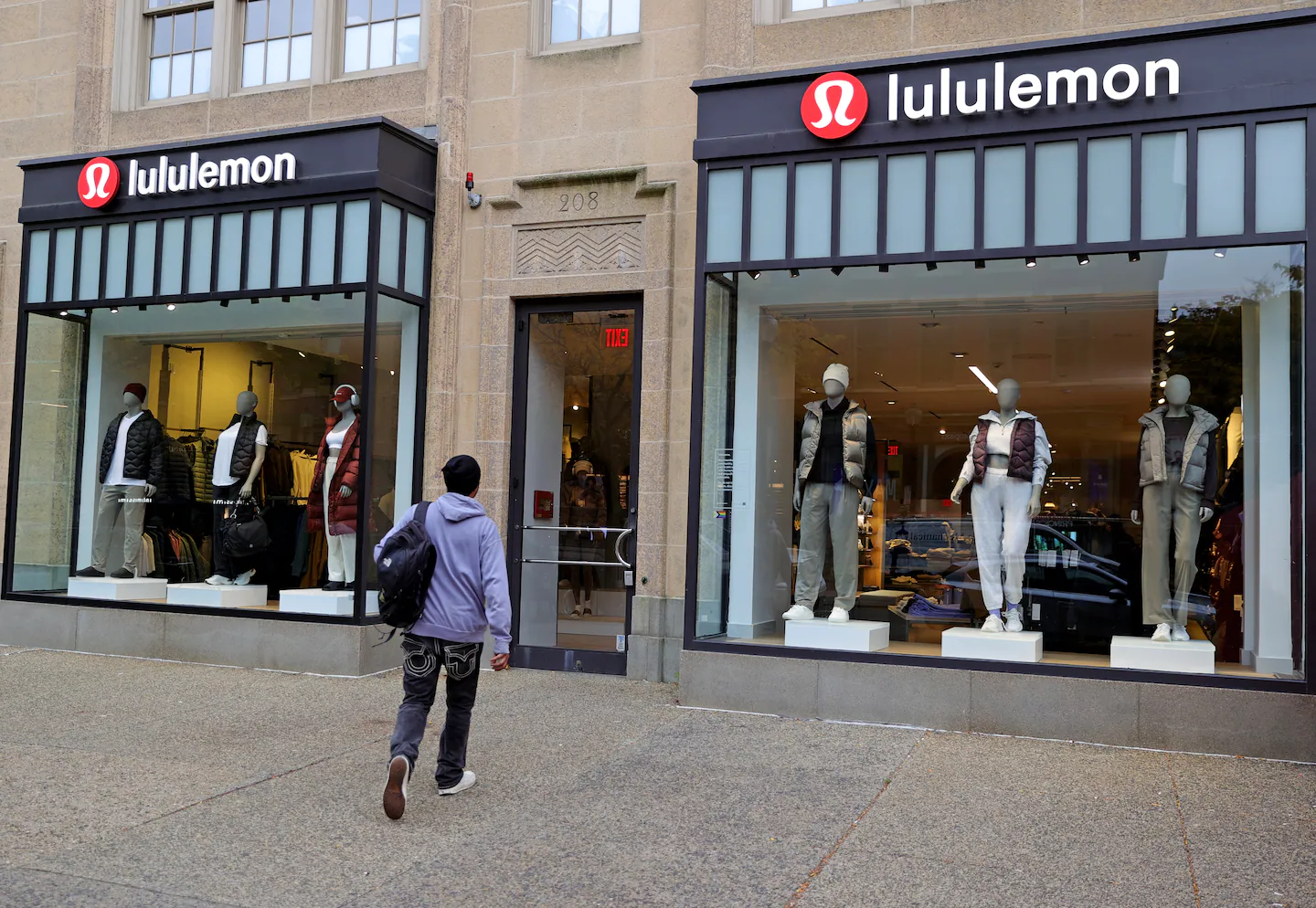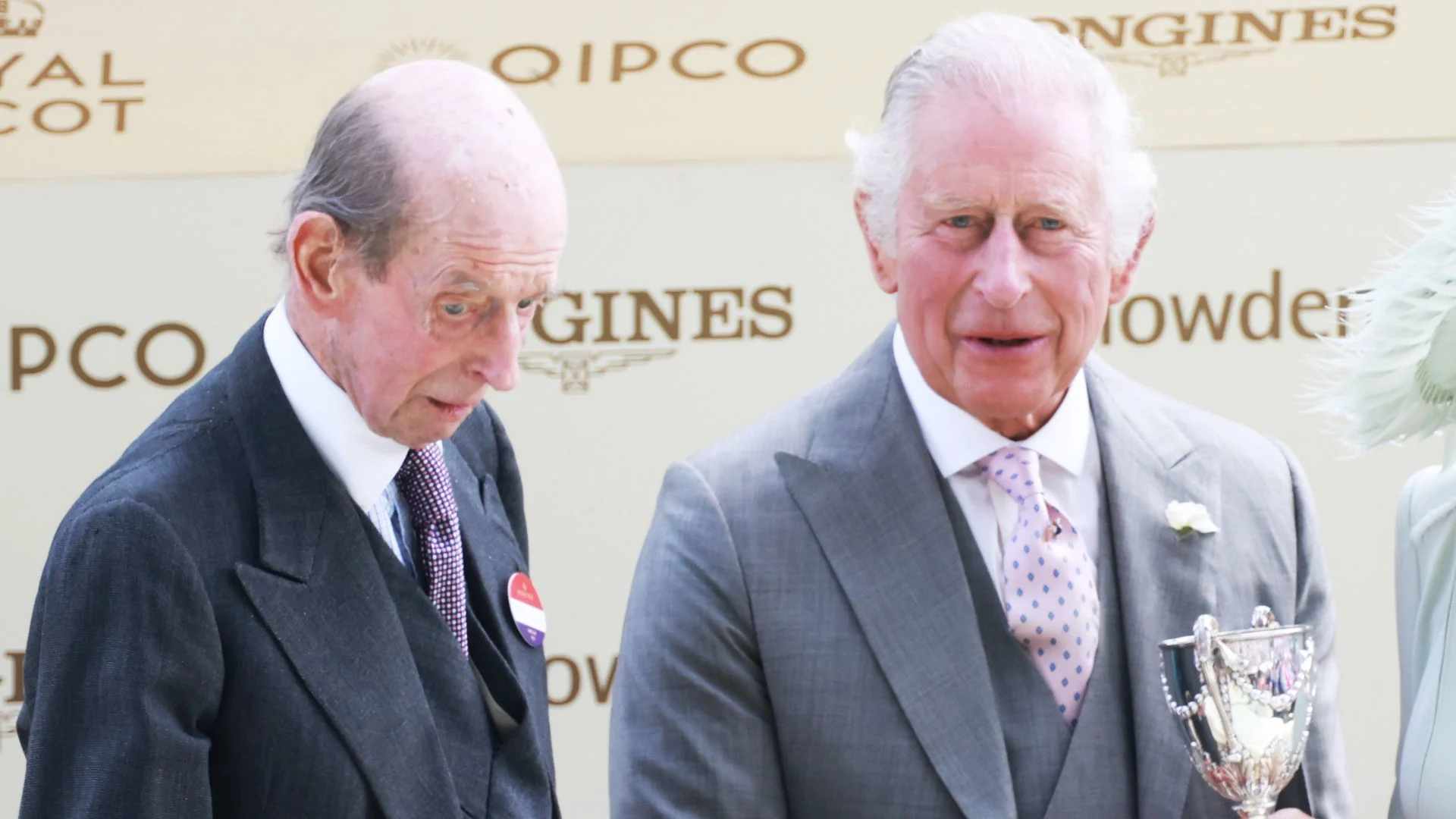Copyright thenewdawnliberia

The U.S. State Department’s 2025 investment report on Liberia delivers a sobering assessment of the country’s current investment climate. While recognizing the vast opportunities presented by Liberia’s natural resources, the report raises serious concerns about systemic corruption, weak judicial institutions, and poor infrastructure—factors that collectively deter foreign investment and hinder economic progress. One of the most glaring issues highlighted in the report is the pervasiveness of corruption in government institutions. According to the report, foreign investors, including American firms, have consistently identified corruption as a significant obstacle. It manifests in government procurement, contract and concession awards, customs, taxation, regulatory systems, and government payment processes. Multinational companies, the findings added, frequently report being compelled to pay fees not stipulated in their investment agreements, creating an unpredictable and costly business environment. Although Liberia has laws in place to combat corruption, bribery, and economic sabotage, the report notes that these laws are not enforced effectively or applied fairly. The loopholes are even more pronounced as these regulations rarely extend to family members of government officials or their political parties—unless they directly benefit from corrupt activities. Such shortcomings undermine the rule of law and perpetuate a culture of impunity. In addition to corruption, the report adds that Liberia’s infrastructure challenges further discourage investment. The report cites expensive and unreliable electricity, inadequate road networks, limited internet access, and overall poor physical infrastructure. These factors, combined with low purchasing power due to widespread poverty, make it difficult for businesses to operate efficiently and profitably. Tax administration is another area of concern, with inconsistent and overlapping policies that create confusion and increase the risk of arbitrary enforcement. The lack of transparent policies and effective laws to foster market-based competition on a non-discriminatory basis is particularly troubling. For example, the mining sector is rife with corruption, with officials frequently flouting regulations for personal gain. The conflicts of interest among government officials, particularly members of the National Legislature, many of whom are business partners with investors in the mining sector and rent equipment and vehicles to concessions, are a clear breach of ethics. This arrangement limits their ability to exercise proper oversight, as their financial interests are directly tied to the success of these ventures. When companies violate regulations, oversight committee hearings often result in little more than a symbolic reprimand, since many committee members are on company payrolls. Such practices not only undermine the integrity of government oversight but also weaken Liberia’s democratic process, leaving the country vulnerable to instability and potential unrest. In a notable recent event, President Joseph N. Boakai took action at the Lands and Mines Ministry, a department long plagued by corruption. Minister Wilmot Paye and two deputies were dismissed without a given reason. But there have been allegations of irregular issuance of mining licenses. While this move signals a willingness to confront corruption, it is not, on its own, enough to reverse Liberia’s negative investment reputation. Although the U.S. State Department’s report paints a bleak picture for potential investment in Liberia, we believe that it is not too late to change course. The government must act swiftly and decisively to address the systemic issues raised in the report. Priorities should include strengthening enforcement of anti-corruption laws and closing loopholes that allow officials and their associates to go unpunished; Improving infrastructure, including reliable electricity, better roads, and expanded internet access; and ensuring independent and effective oversight, free from conflicts of interest. By tackling these challenges head-on, we believe that Liberia can reverse investor apathy, attract much-needed foreign direct investment, and create jobs that will drive economic growth. The country stands at a crossroads: either continue down the path of inaction or seize the opportunity for meaningful reform. The choice is clear: the Government must act now.



